Introduction:
The Community Consultation was a vibrant gathering held on June 26, 2023, to discuss the Version 3.0 draft of the Regulation of Digital Platforms. This event was organized based on UNESCO’s guidelines, aiming to promote freedom of expression, ensure access to information online, and protect human rights. The Northeast Humanitarian Innovation Hub (NEHIH) facilitated this forum as part of our commitment to sustainable development and cross-sector collaboration in the region.
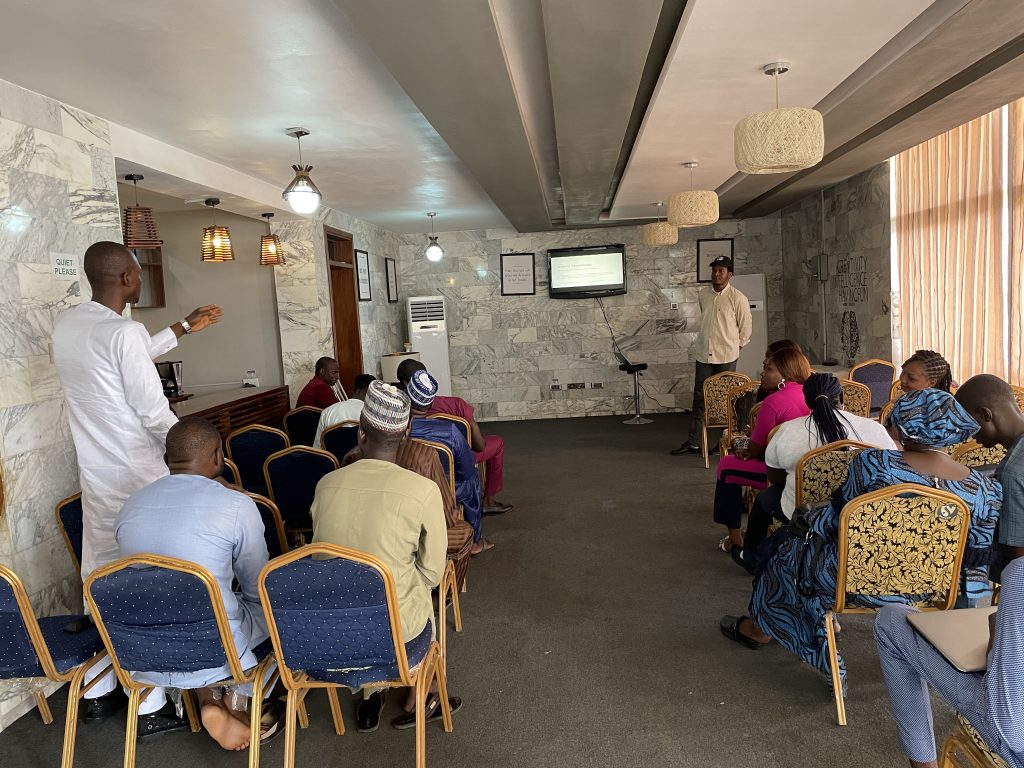
Fostering a Multistakeholder Approach:
NEHIH, with its diverse community members (including civil society organizations and industry representatives) sought to gather valuable insights and perspectives on the challenges and opportunities surrounding freedom of expression and access to information in the digital realm. This approach aligns with NEHIH’s ongoing engagement on Freedom of Information (FOI) within Adamawa state, as part of the USAID-SCALE project.
The SCALE project, implemented by Palladium and Nigeria Resource Partners (RPs), is a USAID-funded initiative aimed at strengthening civil society and local engagement. The Digital Rights and Information Partnership (DRIP) Cluster, anchored by Gatefield Communications Limited, is specifically tasked with domesticating and operationalizing the Freedom of Information (FOI) Act in Adamawa, Edo, and Kaduna states.
We believe that this community consultation plays a crucial role in supporting the development of the final version of the UNESCO Guidelines Regulating Digital Platforms.
Key Sessions and Insights:
The forum revolved around the Version 3.0 draft and its focus on promoting freedom of expression, access to information, and countering disinformation. The event kicked off with a warm welcome and a concise overview of the guidelines, emphasizing the importance of protecting human rights and combating harmful content.
It was clarified that the guidelines covered user-to-user services (e.g., Facebook, WhatsApp, Instagram) and search engines, excluding internal business services, network infrastructure, email, and voice-only calls.
Engaging Stakeholders:
Throughout the consultation, participants deliberated on essential questions. The consensus was that the document should be both principle-based and detailed to ensure clarity and avoid misinterpretation. The multistakeholder approach garnered significant support, emphasizing the involvement of the state, regulatory bodies, digital platforms, end users, and other relevant stakeholders in the regulatory process. The existing scope, which already encompasses user-to-user services and search engine platforms, received unanimous approval.
Balancing Clarity and Accessibility:
Participants acknowledged the need for both principle-based and detailed guidelines. However, concerns were raised about the potential voluminous nature of detailed guidelines. To ensure wider familiarity, the participants recommended providing a compressed and simplified version of the guidelines alongside the technical document.
Moving Forward:
Nigeria, currently lacking a legal or technical framework for regulating digital platforms, faces a reactive rather than proactive approach to how content and platforms are regulated. Participants emphasized the importance of relevant state and private sector actors taking this issue seriously, considering the guidelines as a stepping stone towards creating a framework that regulates both existing and emerging digital platforms. By doing so, Nigeria can protect human rights and adapt to the evolving digital landscape.
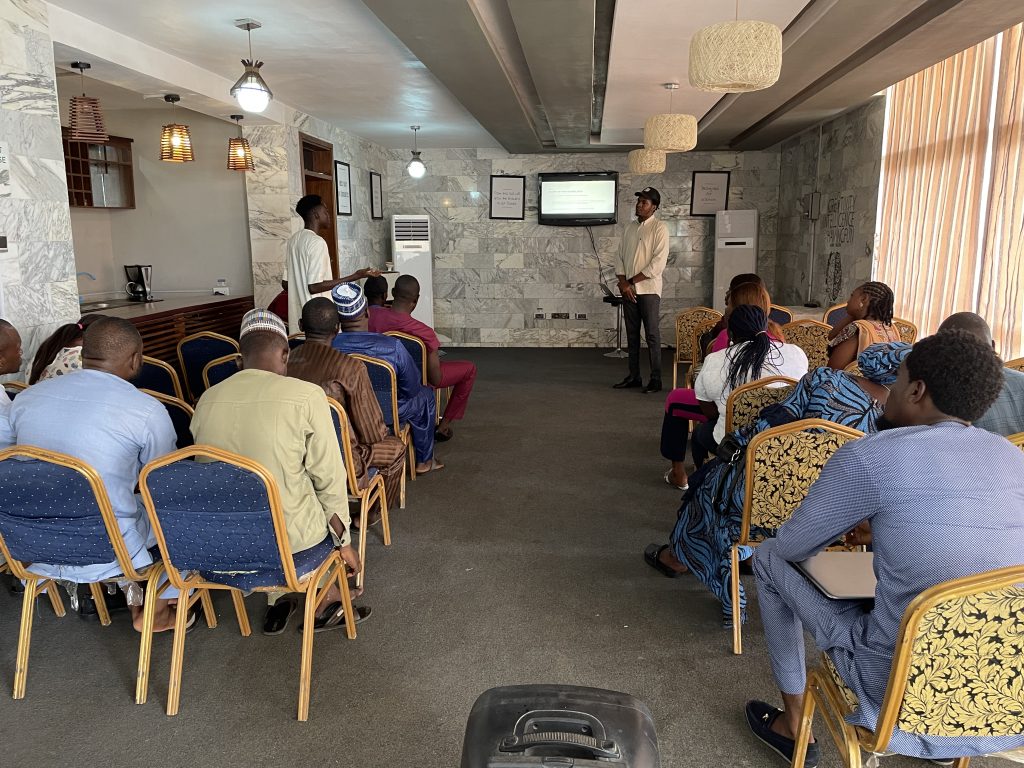
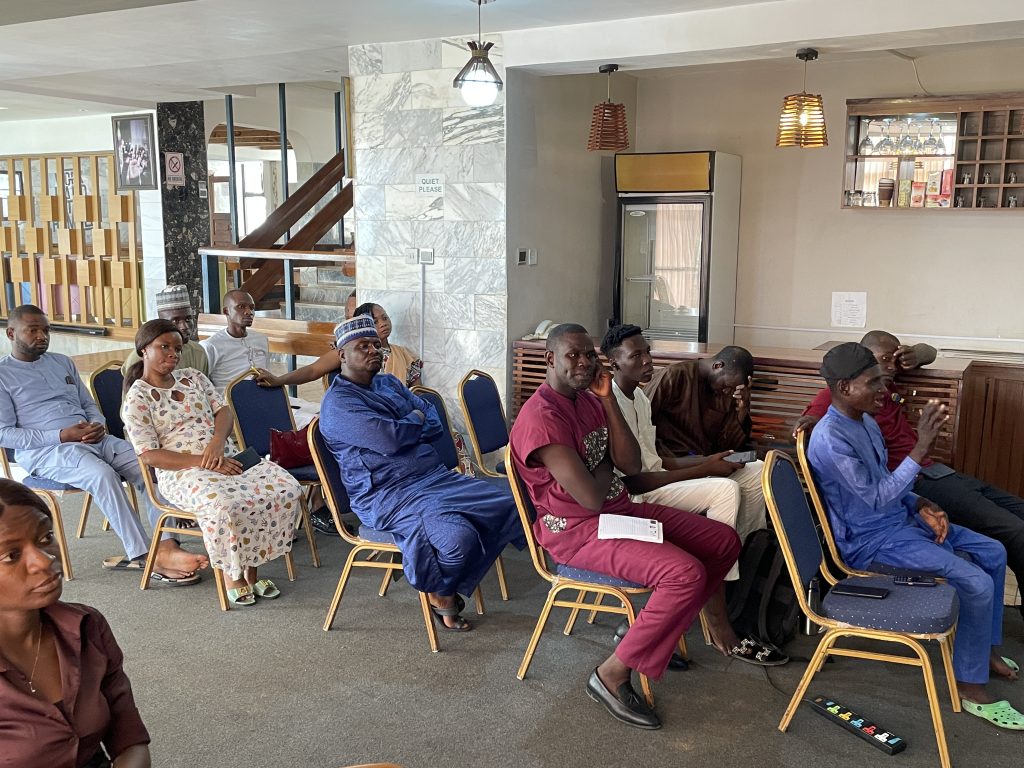
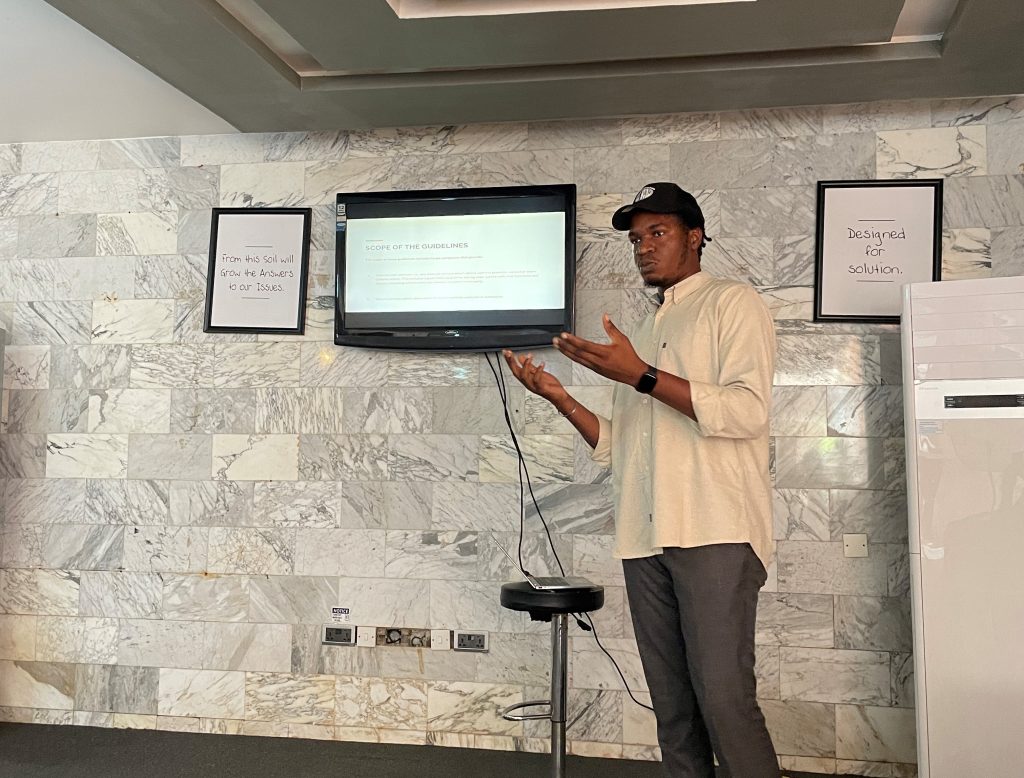
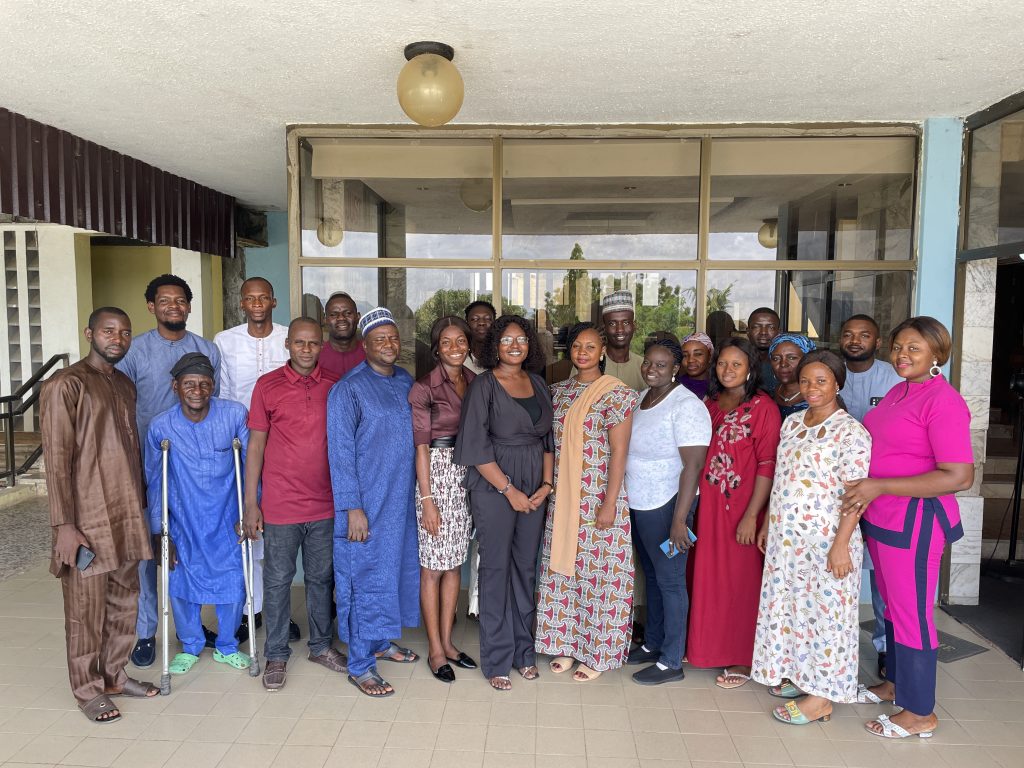
Conclusion:
The Stakeholders Consultative Forum united governmental agencies, civil society organizations, the press, and academics to shape the future of digital platform regulation. The forum’s participants recognized the Version 3.0 draft as a significant step towards ensuring freedom of expression, access to information, and the safeguarding of fundamental human rights. With continued collaboration and implementation of effective regulatory measures, we can create a safer and more inclusive digital environment for all.